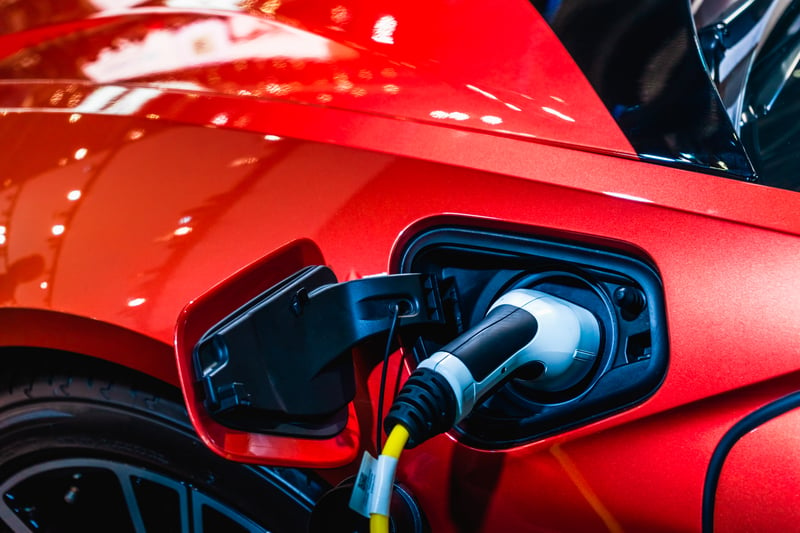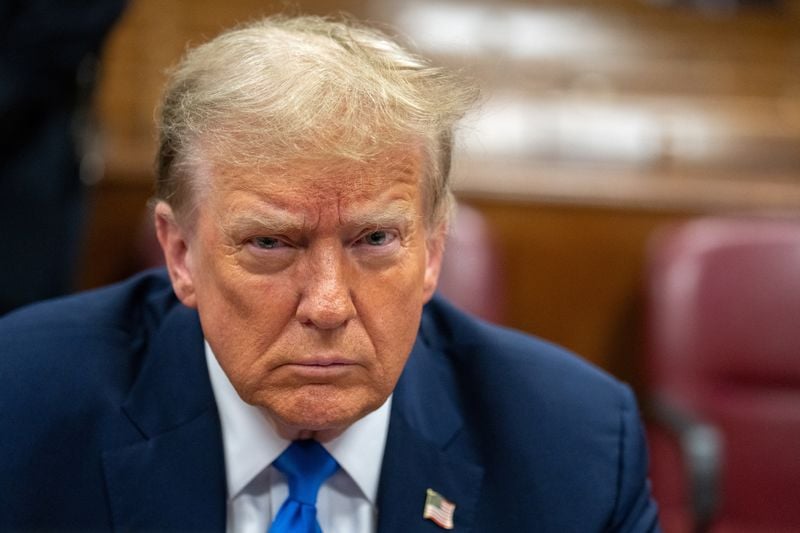By reducing expenses through layoffs and manufacturing changes, major automakers such as General Motors, Ford, and Stellantis are reducing their efforts in driverless cars and electric vehicles (EVs). Businesses suffer delayed returns on investment and sluggish customer acceptance despite large investments in these technologies. This occurs as President-elect Donald Trump has pledged to revoke pro-EV policies, potentially changing the industry, while the Biden administration encourages broad EV adoption with federal financing and tougher pollution regulations.
Key Points
- Automakers such as GM, Ford, and Stellantis are reducing costs for EV and self-driving car production due to low consumer demand and delayed returns on investment.
- Ford has canceled plans for certain electric SUVs, paused F-150 Lightning production, and offered free EV chargers to incentivize adoption.
- GM cut 1,000 jobs in November, while Stellantis laid off 400 workers in March and issued a major recall for hybrid Jeeps in October.
- The Biden administration s EV initiatives, including $7,500 tax credits and funding for charging infrastructure, face logistical challenges and potential policy reversals under President-elect Trump.
- Analysts suggest automakers are shifting toward capital efficiency, reducing spending, and focusing on profitable EV models.
According to CNBC, major automakers are trying to reduce the expenses related to autonomous vehicles and electric vehicle (EV) lines after making significant investments in both.
According to CNBC, companies including General Motors (GM), Stellantis, and Ford are implementing significant cost-cutting measures like production cuts and layoffs. According to CNBC, automakers have spent billions of dollars on EVs and self-driving cars, but many are now experiencing poor EV uptake and long-term returns on their investments.
As part of President Joe Biden’s flagship climate policy, the Biden-Harris administration has spearheaded a significant campaign for EV adoption, which included the introduction of stringent tailpipe emissions rules in March. The administration has invested billions of dollars in federal financing to create 500,000 EV charging stations across the country by 2030, but numerous logistical challenges have slowed the project down to this point.
In a September investor note, Morgan Stanley analyst Adam Jonas stated that Western [automakers] are putting more emphasis on capital efficiency, which entails probably cutting spending, working together more, and restructuring EV portfolios to put profits first, according to CNBC.
Due to lower-than-expected demand, several automakers have backedpedaled their EV goals. For example, Ford announced in August that it was discontinuing plans to build three-row electric SUVs and in October that it was temporarily halting production of its F-150 Lightning electric truck model, beginning in mid-November. In an effort to encourage people to buy electric vehicles, the carmaker declared in September that it would provide free EV chargers and home installations to its customers.
In an effort to reduce expenses, GM laid off 1,000 employees in November and has been working to increase EV sales despite market challenges. In the meantime, Stellantis revealed plans to terminate roughly 400 workers in March and recalled more than 150,000 plug-in hybrid Jeeps in October because of a possible fire hazard.
In October 2023, President-elect Donald Trump declared that the pro-EV policies of the Biden-Harris administration were crazy and ridiculed Biden’s EV agenda. In an effort to increase American auto production, Trump has put out a number of auto-related proposals, one of which is to make interest on auto loans fully tax deductible.
Trump’s return to the White House may cause significant changes in the electric vehicle sector. According to Reuters, the Trump-Vance transition team is considering eliminating the $7,500 EV tax credit that was offered by the Biden-Harris administration. According to Yahoo Finance, EV sales could drop by over 30% if Trump eliminates the tax incentive.
For almost 18 months, we have stated that cutting costs and raising quality are our top priority, a Ford representative told the Daily Caller News Foundation.
A request for response from the DCNF was not immediately answered by General Motors or Stellantis.
Any reputable news publisher with a sizable audience can have all of the content produced by the Daily Caller News Foundation, an independent and nonpartisan newswire service, for free. Our logo, the byline of the reporter, and their DCNF affiliation must be included in all reposted pieces. If you have any inquiries concerning our policies or collaborating with us, please get in touch with [email protected].
Note: Every piece of content is rigorously reviewed by our team of experienced writers and editors to ensure its accuracy. Our writers use credible sources and adhere to strict fact-checking protocols to verify all claims and data before publication. If an error is identified, we promptly correct it and strive for transparency in all updates, feel free to reach out to us via email. We appreciate your trust and support!




